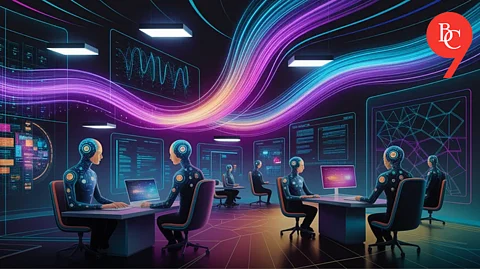

As artificial intelligence (AI) continues its relentless march into every corner of modern life, a growing number of people are struggling with more than just job insecurity—they’re experiencing a profound loss of self-worth. Therapists, career coaches, and even tech leaders are hearing the same refrain: “AI is making me feel less valuable. I’m losing my sense of who I am.”
The anxiety surrounding AI is not just about automation or job loss. For many, it strikes at the core of identity and self-esteem. When machines begin to outperform humans in tasks that once defined a person’s expertise—writing, designing, coding, diagnosing, or even giving advice—it’s natural to question one’s own value.
Dr. Priya Menon, a clinical psychologist specializing in workplace stress, explains, “For decades, our sense of self-worth has been closely tied to what we do and how well we do it. When AI can suddenly do it faster or better, people start to wonder: Am I still needed? Am I still special?”
Take the case of Arun, a 34-year-old graphic designer from Mumbai. “I used to take pride in my creativity,” he shares. “But now clients ask if I’m using AI tools, or worse, if they even need me at all. I feel like my years of hard work are being erased by a machine.”
Similar stories are emerging across industries. Writers, accountants, translators, and even teachers are reporting a sense of being “left behind” as AI tools become more capable and accessible. For some, it’s a slow burn of anxiety; for others, it’s a crisis of identity.
Mental health professionals warn that this form of AI anxiety can lead to depression, burnout, and social withdrawal. The constant comparison to machine efficiency can erode self-confidence and foster a sense of helplessness. “It’s not just about losing a job,” says Dr. Menon. “It’s about losing a sense of purpose and belonging.”
A recent survey by the Institute for the Future of Work found that 62% of respondents worried that AI would make their skills obsolete within the next five years. Of those, nearly half reported feeling less confident about their future and less satisfied with their current work.
Human beings are wired to seek meaning and validation through contribution. When technology disrupts the value of that contribution, it can shake the foundations of self-esteem. This is especially true in knowledge-based professions, where expertise and creativity have long set people apart.
